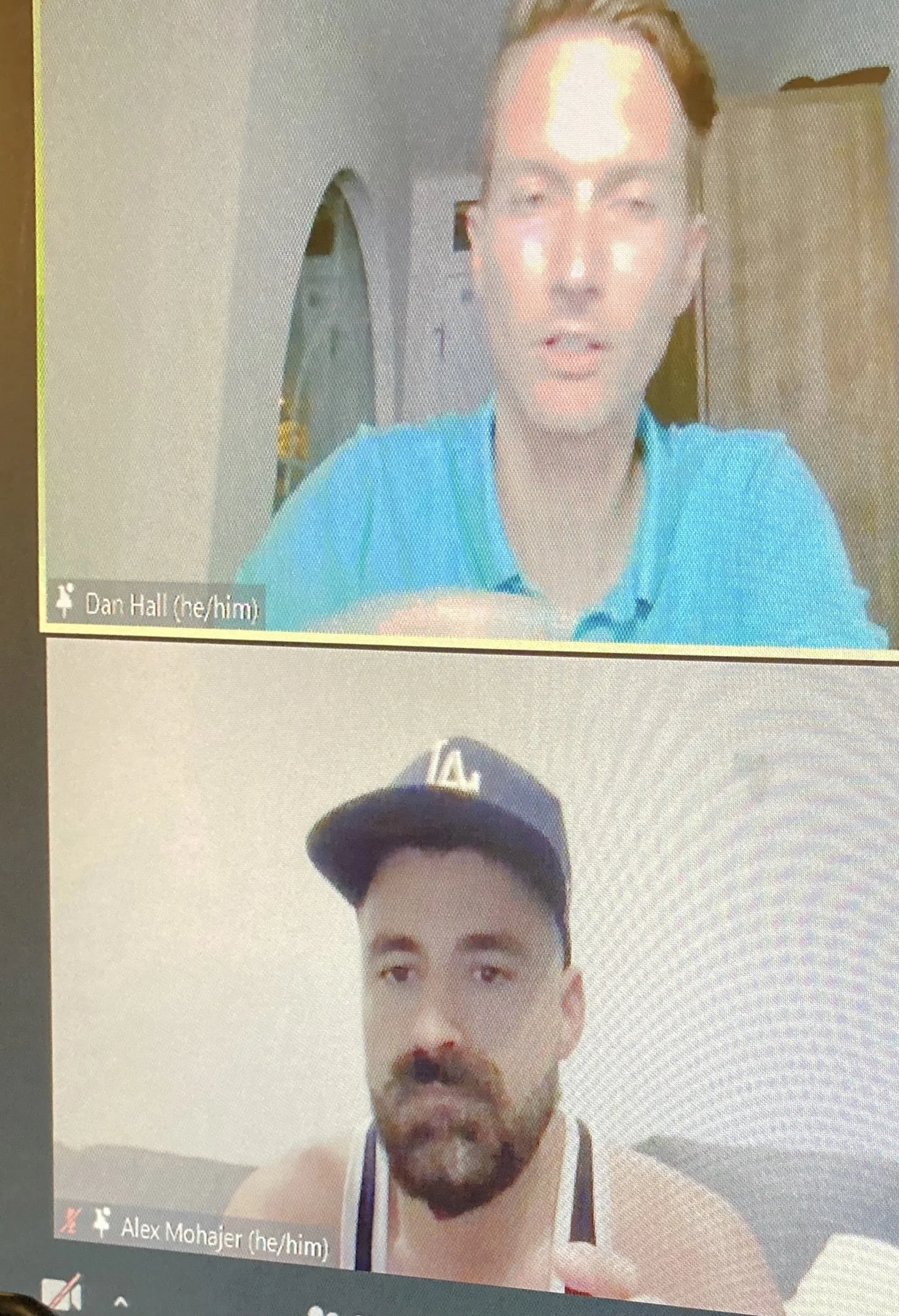This past Thursday I had the opportunity to attend a panel hosted by the Santa Monica Democratic Club where progressive candidates running for L.A. elected office positions talked about the plans they hope to initiate once they’re elected into office. Though each candidate talked passionately and in detail about specific issues they cared about, ranging from increasing access to mental health resources to implementing rent control to increasing gun control, one issue caught my eye: how they plan to act with regards to the increasing number of people experiencing homelessness.
Homelessness is a key issue on the minds of L.A. residents and voters, with a survey conducted by University of California, Berkeley in late May finding that 45% of Angelenos view homelessness as the most important issue when deciding who to support for the mayoral race. This is not surprising given the significant increase in the number of residents experiencing homelessness in the city, with the most recent count conducted by the Los Angeles Homeless Services Authority (LAHSA) finding over 66,000 of such residents, with a number that can only be assumed to have increased since this was conducted in January 2020. This increasing concern over the issue of homelessness has led to L.A. residents being dissatisfied with their city’s elected officials, with a poll conducted by the Santa Monica Mirror this past April finding that the sheriff received only 37% “very or somewhat satisfied” ratings and the district attorney being viewed similarly only by 22% of respondents.
So how have candidates running for elected office in L.A. this year responded to this? By making clear both that their top priority is to address their constituents’ concern over homelessness and explicit ideas and plans of how they plan to address it. What drew my attention was when the panel moderator, City Councilmember Mike Bonin (representing District 11), asked the candidates what their plans were to immediately make an impact on the issue of homelessness. Before Bonin asked this I hadn’t thought about measures elected officials could implement that would have an immediate impact on homelessness, instead believing that this issue required primarily long-term, big-picture actions, such as constructing habitable housing, that don’t necessarily produce immediate results. However, the candidates’ responses of actions such as converting vacant or underused hotels, motels and other buildings into habitable housing voiced by Hugo Soto-Martinez, a candidate vying for District 13 city councilmember, or District 11 city councilmember candidate Erin Darling’s idea to turn the desire to work and invest in the Westside into affordable housing through policies like by-right for nonprofit affordable housing providers, opened my mind to the possibility of these immediate actions.
The other candidates, who had similar responses to Hugo and Erin, showed to the attendees of the panel that they both hear Angelenos in their pleas for elected officials to take action especially in regards to homelessness and will differ from their predecessors as they will take action. We’ll just have to see if this approach will appeal to voters in L.A. in November.

